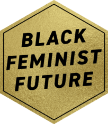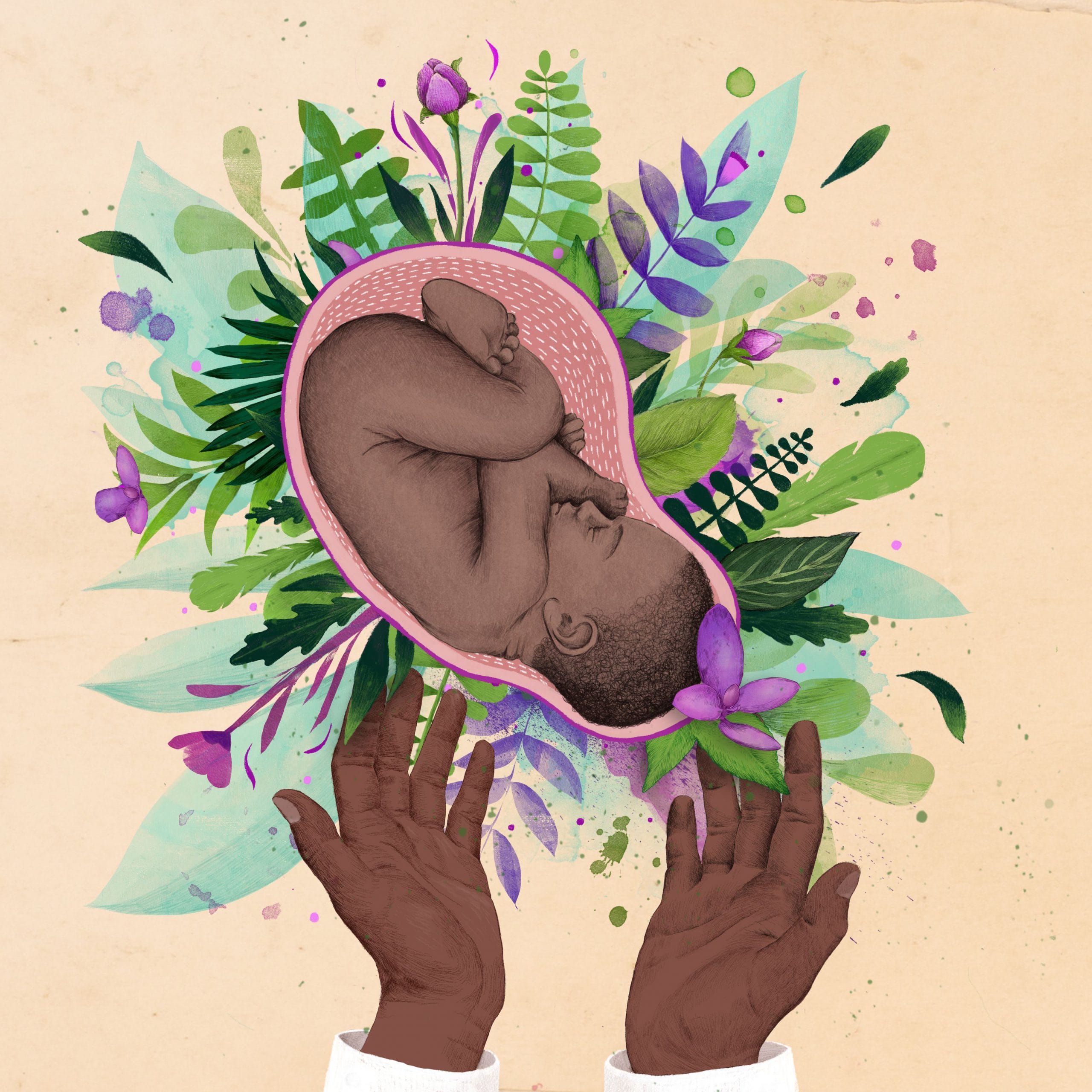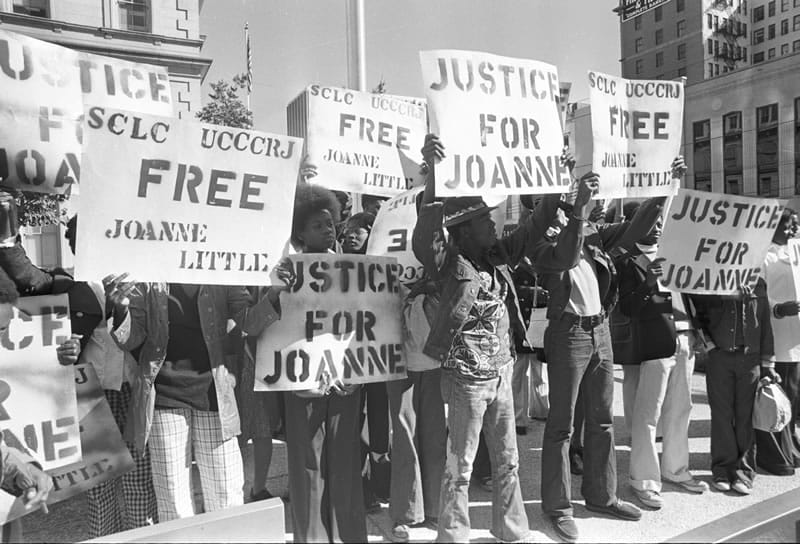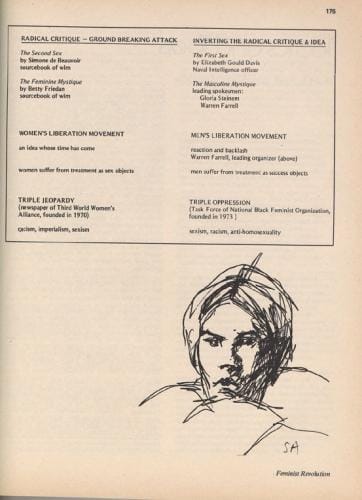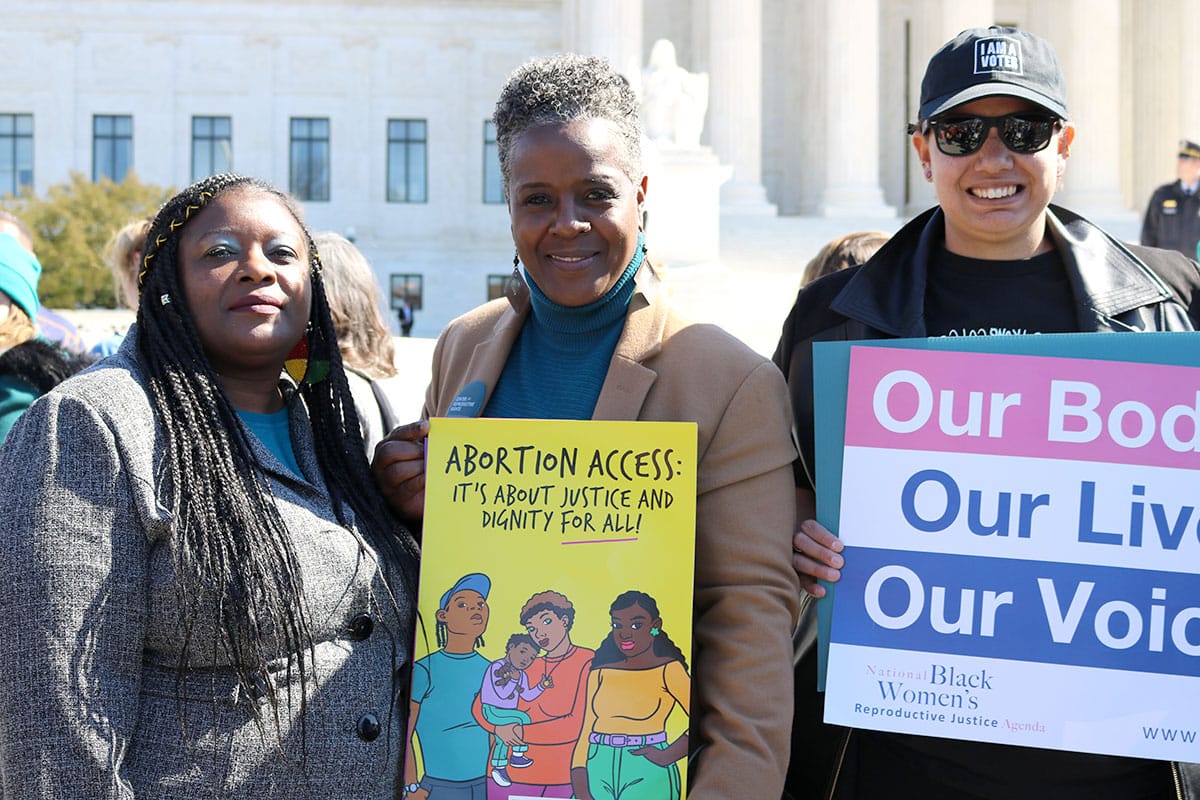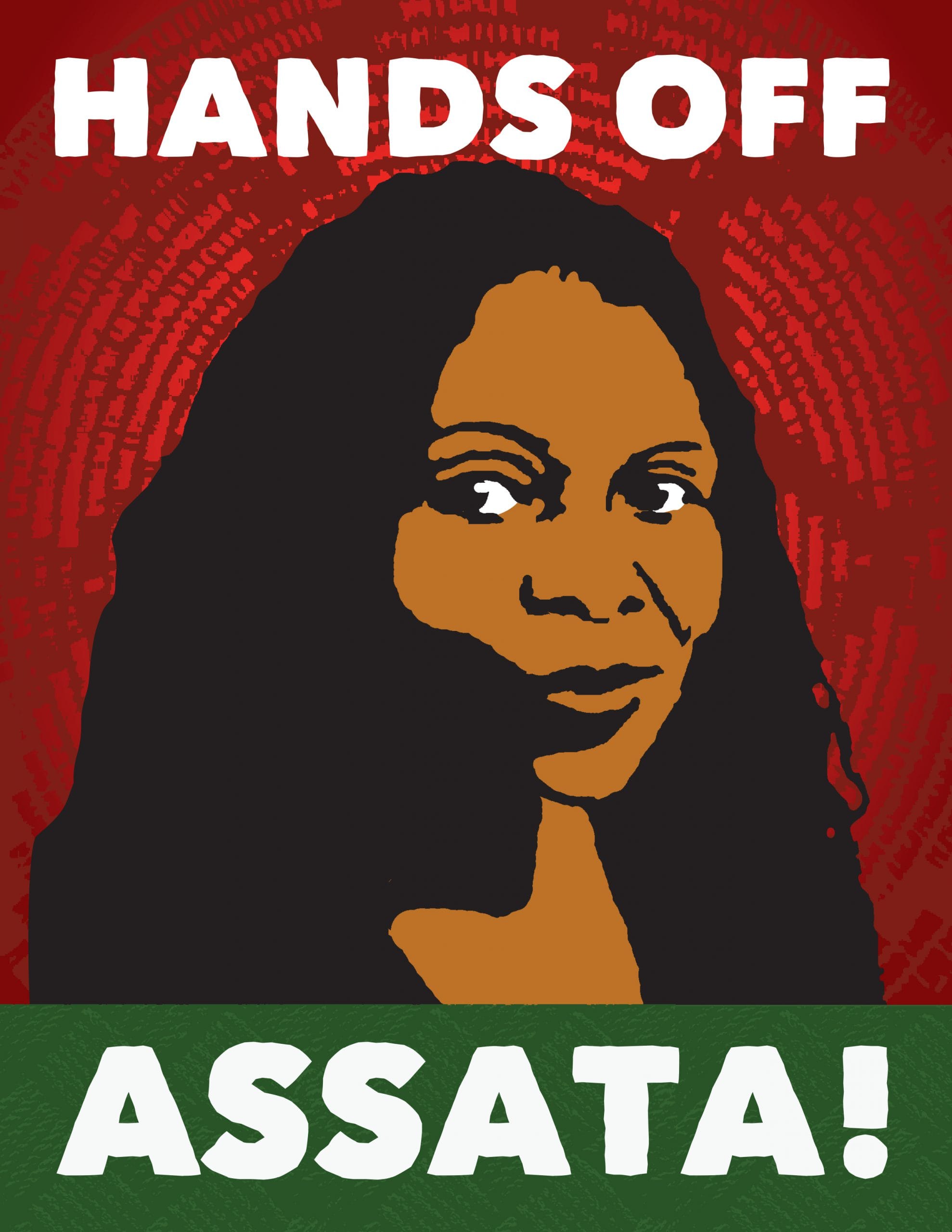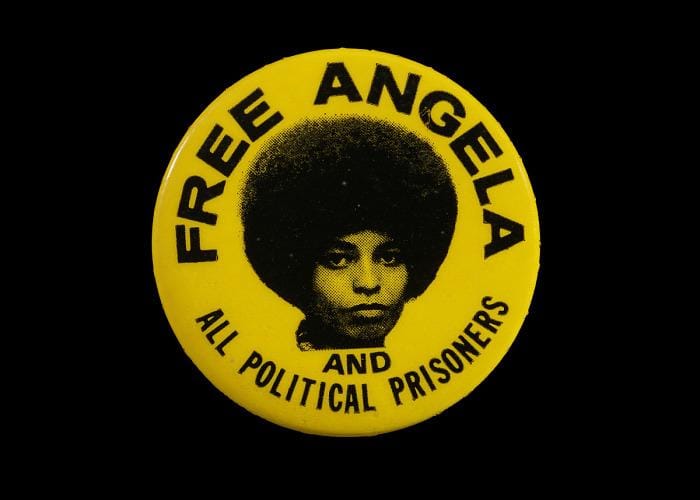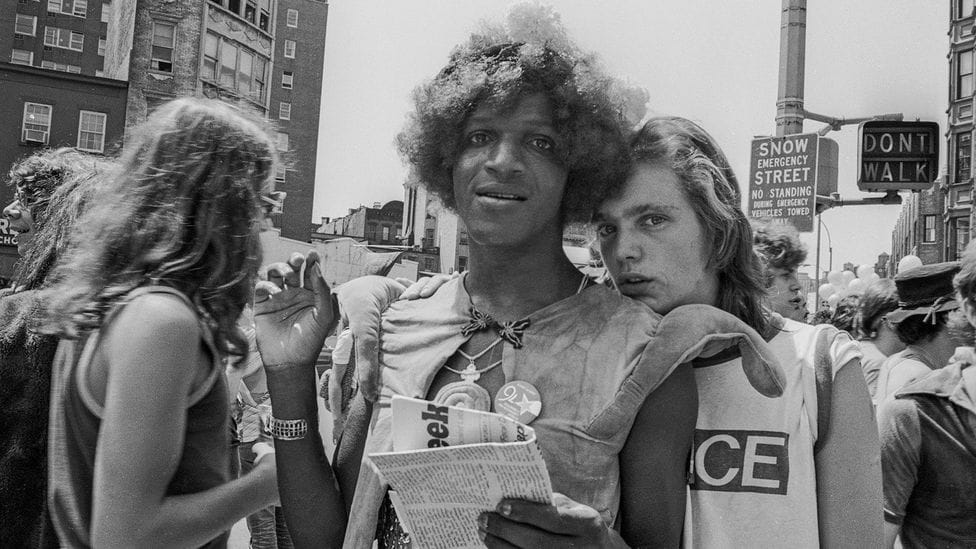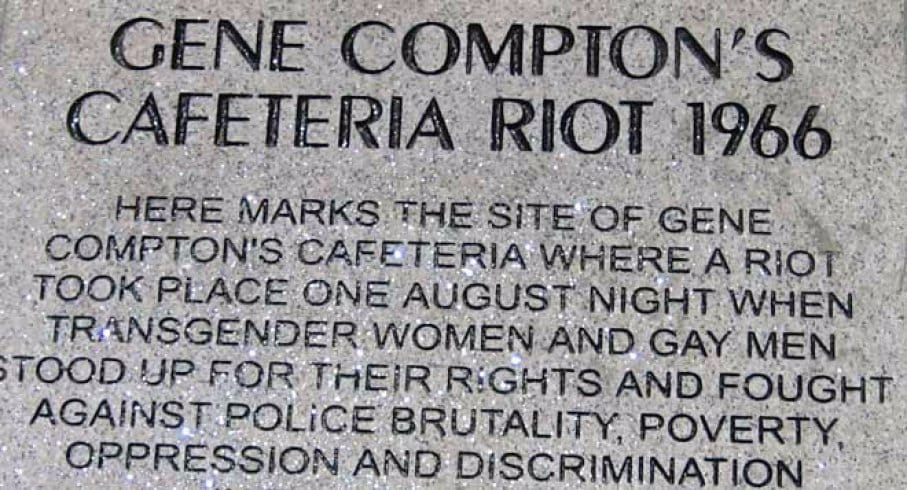Due to structural racism, Black pregnant people receive low-quality medical care, which can lead to life-threatening complications for them and their infant(s). Despite the decrease in cases of maternal mortality in the 1980s, maternal deaths in the U.S. began to increase in the 1990s. Currently, Black children are more than two times likely to die during infancy than white children. Additionally, Black mothers are more than three times likely to die due to childbirth-related complications than white mothers.
Category: Action Points
Combahee River Collective Statement
“The Combahee River Collective statement was created and written by Afrocentric Black feminists who parted ways from the NBFO (National Black Feminist Organization) in order to create, define, and clarify their own politics.” The statement declared that the collective was “committed to struggling against racial, sexual, heterosexual, and class oppression.”
The Joan Little Campaign
Barnard Center for Research on Women notes, in its video, Joan Little, Survived and Punished: “In 1974, Joan Little was charged with first-degree murder after she stabbed a prison guard who sexually assaulted her at Beaufort County Jail. Joan’s case became a national cause for prisoners’ rights advocates, feminists, people advocating against the death penalty, and for racial justice. Protests about her case were widespread and global. After a five-week trial, the jury, made up of both Black and white people, deliberated for less than 90 minutes before acquitting Little. It was the first time a woman was acquitted of murder on the grounds of self-defense against sexual violence.”
National Black Feminist Organization
Founded in May 1973, the National Black Feminist Organization (NBFO) aimed to address the sexism and racism that Black women experience. The first NBFO meeting took place in New York City and involved well-known figures and activists, including Michele Wallace, Margaret Sloan, Flo Kennedy, Faith Ringgold, and Doris Wright. By February 1974, there were more than 2,000 members of NBFO and ten chapters across the country.
Roe v. Wade
History.com notes: “Roe v. Wade was a landmark legal decision issued on January 22, 1973, in which the U.S. Supreme Court struck down a Texas statute banning abortion, effectively legalizing the procedure across the United States. The court held that a woman’s right to an abortion was implicit in the right to privacy protected by the 14th Amendment to the Constitution. Prior to Roe v. Wade, abortion had been illegal throughout much of the country since the late 19th century.”
Free Assata
In 1973, Assata Shakur was present at an altercation between the Black Liberation Army and Newark police, which resulted in the death of Assata’s friend, Zayd Shakur, and State Trooper Werner Foerster. In 1977, Assata Shakur was found guilty and sentenced to life in prison plus 30 years, despite there being evidence that proves her innocence. Her incarceration triggered cries to “Free Assata!”
Free Angela
On October 13, 1970 Angela Davis was arrested in connection to the failed prison escape of the Soledad brothers. Davis, who was not even aware of the escape plan, was incarcerated for 18 months. Her incarceration sparked the “Free Angela” movement. During this time, people protested, wore “Free Angela Davis” buttons, and created songs advocating for her release.
Childcare Access
During the 1970 and 1980s, women’s participation in the workforce increased significantly. There were many reasons for this shift, including the feminist movement, which challenged gender roles and the female caregiver and male breadwinner binary. Welfare organizers advocated that poverty should be treated as a women’s issue and stated that poor mothers should be provided support in raising their children. By the late 1960s, the National Welfare Rights Organization was referred to by some as “the largest Black feminist organization in U.S. history.” Organizers challenged the subjectivity of how benefits were distributed and pushed legislators to increase benefit amounts.
Stonewall
According to Sarah Pruitt of History.com, “The Stonewall Riots, also called the Stonewall Uprising, began in the early hours of June 28, 1969, when New York City police raided the Stonewall Inn, a gay club located in Greenwich Village in New York City.” At that time, homosexual acts were illegal in New York, and the police frequently raided gay clubs and bars to arrest employees and confiscate liquor. While people have different perspectives on how the riots started, many agree that the rebellion gained momentum as people picked up various objects and threw them at police officers. Some of the most notable names associated with the Stonewall Rebellion include Stormé DeLarverie, Marsha P. Johnson, and Sylvia Rivera. The riots lasted six days and ignited the gay-rights movement both domestically and internationally.
Compton’s Cafeteria Riot
The Compton’s Cafeteria Riot occurred in August 1966 in the Tenderloin district of San Francisco. The riot was not sporadic—it was the result of years of LGBTQ+ people being targeted and abused by the San Francisco Police Department. The riots have gone down in history as one of the first recorded LGBTQ+ riots in the United States.
